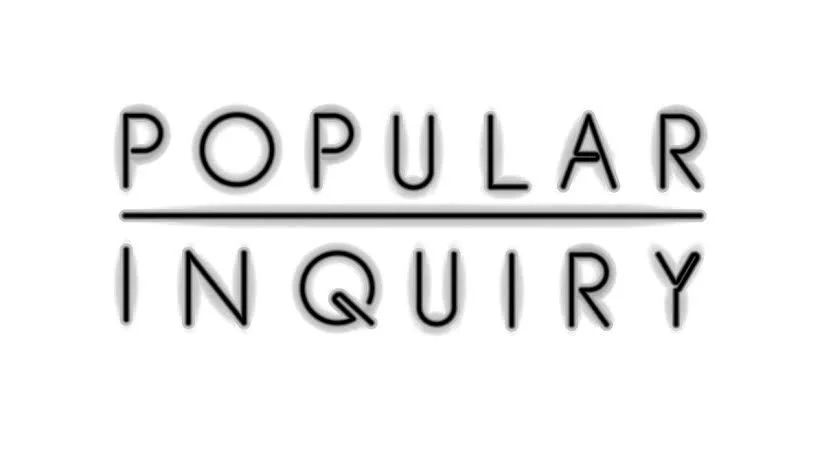Mădălina Diaconu and Max Ryynänen, “Editorial: Liber Amicorum for Arnold Berleant,” Including Table of Contents
EDITORIAL
Mădălina Diaconu and Max Ryynänen
On 4 March 2022 Arnold Berleant celebrates his 90th anniversary. Anniversaries are ideal occasions to take a breath and look back and forward, to revisit memories and make plans for the future. Yet celebrations imply more, namely, to gather around the celebrated one in a festive atmosphere and breath in the feeling of togetherness. One looks around for friends and this “lateral view” – to borrow an expression by Maurice Merleau-Ponty – is what conveys depth or meaning to life. On his anniversary, Arnold Berleant neither has to seek for the traces he has left behind nor look around for friends. They are already here: his pathways, ineffaceable and deeply ground-in in the field of aesthetics, his friends, innumerable. This mesh of Berleant’s biographical and theoretical trails as seen by friends and colleagues makes the object of the present liber amicarum et amicorum.
We are grateful to all those who, despite the tight deadline, could respond to our invitation to celebrate Arnold Berleant’s anniversary. Others would have gladly joined us yet were finally impeded by health reasons. The present contributions build like sonorous and silent sequences the rhapsodic structure of this volume. The articles, authored by scholars worldwide and belonging to different generations, demonstrate how Berleant’s wide vision of the aesthetic and lifelong effort of coagulating communities has strongly shaped the scope, methods and goals of aesthetic theory, as well as impacted other disciplines. Arnold Berleant himself honored this Festschrift with a paper. In it, he surprises us once more by reverting the common interpretation of (past) art from the perspective of (contemporary) philosophy and using an “enigmatic” artist of the 20th century in order to raise doubts on the argumentative “evidence” of an equally famous historical philosopher.
This Festschrift includes articles, memories and birthday wishes. Some texts provide clearly new knowledge and/or in-depth studies of Arnold Berleant’s work, some work on reflections more or less based on his lifework, but together they show the richness of Arnold Berleant’s impact, which ranges from research to establishing Contemporary Aesthetics and functioning as a mentor figure for many younger scholars. We hope that the issue that we have edited could function as a start for Arnold Berleant studies. During the process we realized that although we have read a lot of his work, his publishing resume (included here, too) is more extensive than what we have so far realized. Luckily many authors touched upon issues that have been less discussed, but all and all, the lifework of Arnold Berleant can support many further studies. This issue, we think, shows it.



